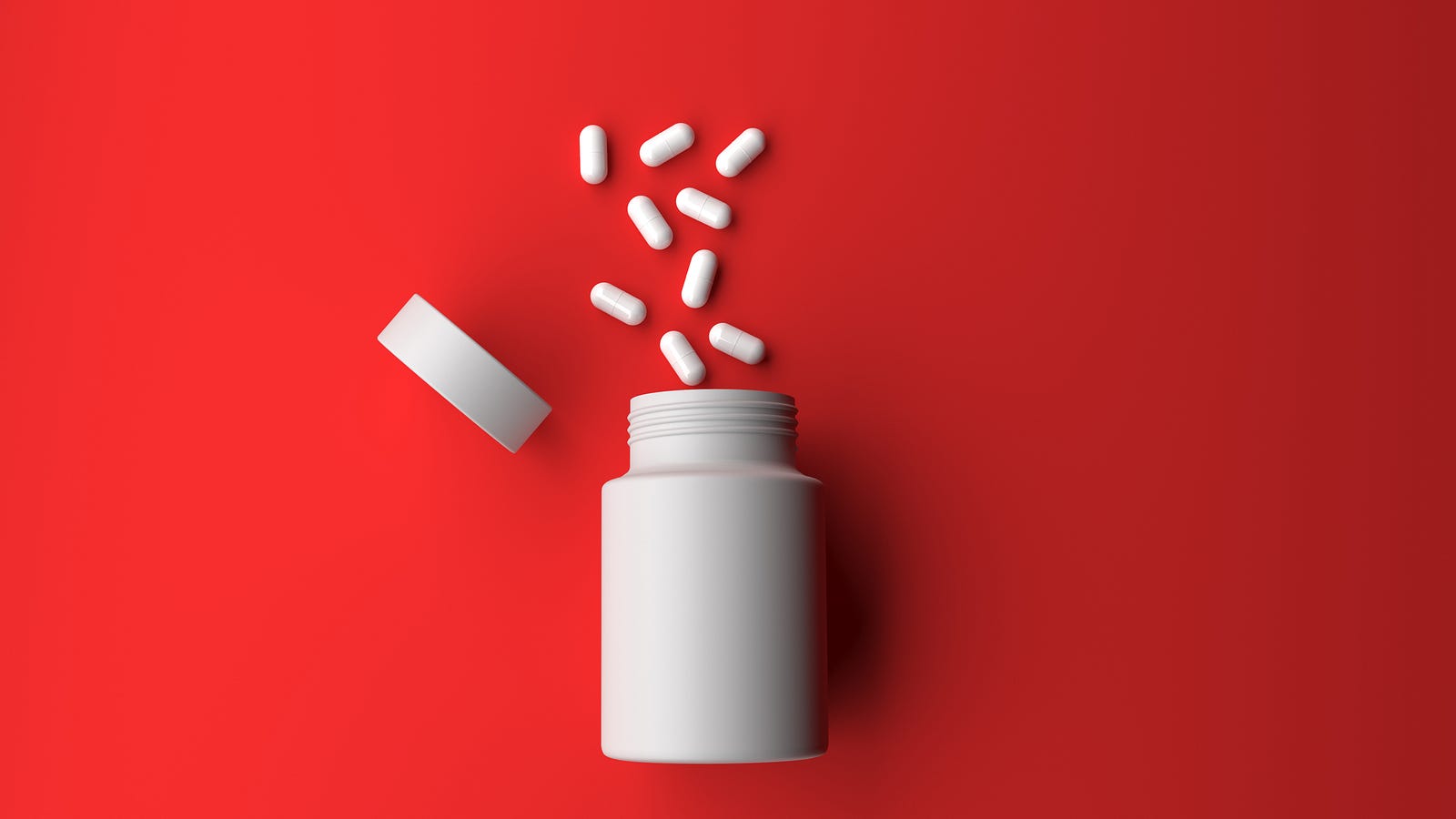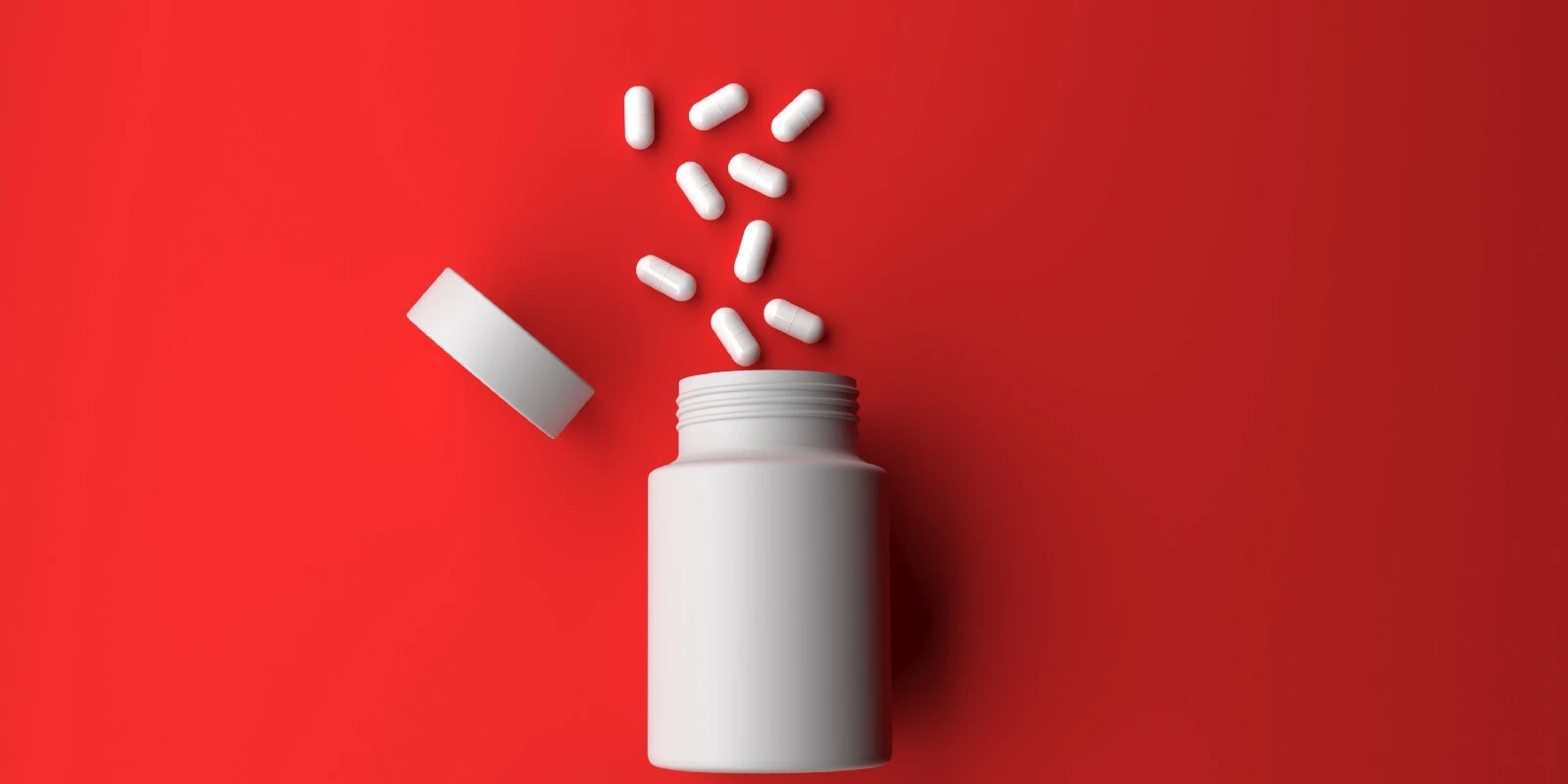
President Trump announced his plan for lowering drug prices. Lower prices are a great idea that many prior presidents have failed to transform, but nobody seems to address the issue of drug quality. It is well known that generic drugs are less costly compared to brand-name prescription drugs, which is why they are mandated by Medicare, Medicaid and by every private pharmacy insurance company.
In order to cut generic drug pricing down to the absolute minimum, the majority of generic prescription tablets are made overseas in “sweatshop” countries to save on labor costs. oday, the drugs that our patients pick up at pharmacies are almost guaranteed to have been made in sweatshop countries like India, China or Taiwan, but they wouldn’t know that by looking at the label, and pharmacists aren’t required to inform consumers where their prescription drugs from from. Most of our patients would likely be shocked to find out that roughly 80% of drugs in the US originate from either India or China.
Are Drugs Fungible?
Our patients think that drugs are “fungible,” or mutually interchangeable. For instance, if you are shopping for a Chevrolet Impala, you have the option of buying that Impala at one of thousands of General Motors dealers around the world. Every Chevrolet Impala made will have come out of the same General Motors factory and will have undergone the exact same manufacturing process, oversight, use the exact same parts — in other words: it’s a fungible product.
Patients assume that generic drugs have gone through the same manufacturing process, oversight and use the same parts as non-generic drugs. What they don’t know is generic drugs may be produced in one of dozens of different drug manufacturing plants around the world, each of which have widely varying technology, facilities and quality control standards. Most physicians and pharmacists don’t understand the complexities or technology involved in the manufacturing of a small prescription pill in the palm of their hand.
Consumers want to find the cheapest medicine, which means major chain pharmacies are therefore motivated to purchase the cheapest possible low-quality generic drugs they can get a hold of, from whichever sweatshop country is having a “fire sale” on the generic drug they need.
We are all guilty of using lower labor costs overseas to our advantage when we impulse-purchase some LED or USB gadget from eBay for a dollar or two. When these poorly made gadgets fail a few weeks or months later, we throw them out and think nothing of it.
Generic drugs from these same countries are made under poor-quality control standards, and the difference in cost and quality is noteworthy.
What is the FDA Doing About This?
According to the FDA’s own website, nearly 90% of drugs dispensed from pharmacies are generic drugs. The FDA even illustrates the equivalence of generic drugs with a cartoon, further encouraging and assuring consumers to purchase generic drugs.
In direct contradiction to those cartoons, a review of the FDA’s inspection results of these overseas facilities show a long-term pattern of unsettling findings, but they are difficult to locate in the labyrinth of Federal Register.
Violations from these sweatshop manufacturers are egregious and show the wholesale incompetence, maliciousness and/or negligence of these generic drug manufacturers. Some of these violations include “failure to prevent microbiological contamination of drug products purporting to be sterile,” and “failure to prevent or report or investigate out-of-range purity results of batches of drugs and destruction of records.”
Some of the significant violations cited at general drug manufacturers in India and China include:
- “significant deviations from [practices] for making active pharmaceutical ingredients”
- “knowingly producing adulterated drugs”
- “failure to … prevent microbiological contamination of drug products purporting to be sterile”
- failure “to prevent [or] report or investigate out-of-range purity results of batches of drugs and destruction of records”
- refusing entry to FDA officials wanting to conduct an inspection
- lack of basic adequate washing facilities, including hot/cold water, soap or detergent, air dryers, paper towels, or clean toilet facilities
- “only toilet facility on-site contained visible sewage and had no running water”
- “not perform[ing] assay testing for over-the-counter (OTC) drugs”
- “conducting scientifically unsound and inappropriate assessments to certify standards of quality and purity.”
Most upsettingly, in none of the cases cited here did the FDA recommend in their official Form 483 to initiate a recall or warning to physicians, insurance companies, drug suppliers, patients, hospitals, or pharmacies.
Who is Checking the Quality of Medications?
Does the FDA perform quality-control double-checks? The answer is yes, but extremely rarely. A few hundred tests are performed a year in the US which dispenses a total of over 4 billion prescriptions per year. The FDA says that they simply don’t have the time to check every single lot, batch or bottle of prescription drug manufactured.
What about insurance companies? Nope! The vast majority of private pharmacy insurers and government-sponsored Medicaid and Medicare have access to pricing data and are willing to cover only the least expensive sweatshop-produced generic drug available, leaving the FDA to assure drug safety.
The FDA does good work but does not go far enough to protect the American population with regards to generic drugs from India and China. A large-scale US system which efficiently and inexpensively tests and authenticates the purity of drugs before they are distributed to the American public is something consumers, insurance companies and the government should all demand, or it undermines the work of the entire healthcare continuum, including the many efforts of prescribers, pharmacists and also the fundamental purpose of The FDA and The HHS.
David Gortler, PharmD, FCCP is a Professor of Pharmacology and Biotechnology, a former FDA Medical Officer, and is currently serves as the Chief Medical Officer of Valisure LLC. He does expert FDA Consulting and is an advisor to FDA Lawyer at the consulting group FormerFDA.com He was also the main Pharmacology consultant to the 2016 Ted Cruz presidential campaign.







